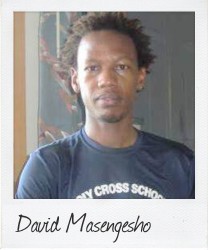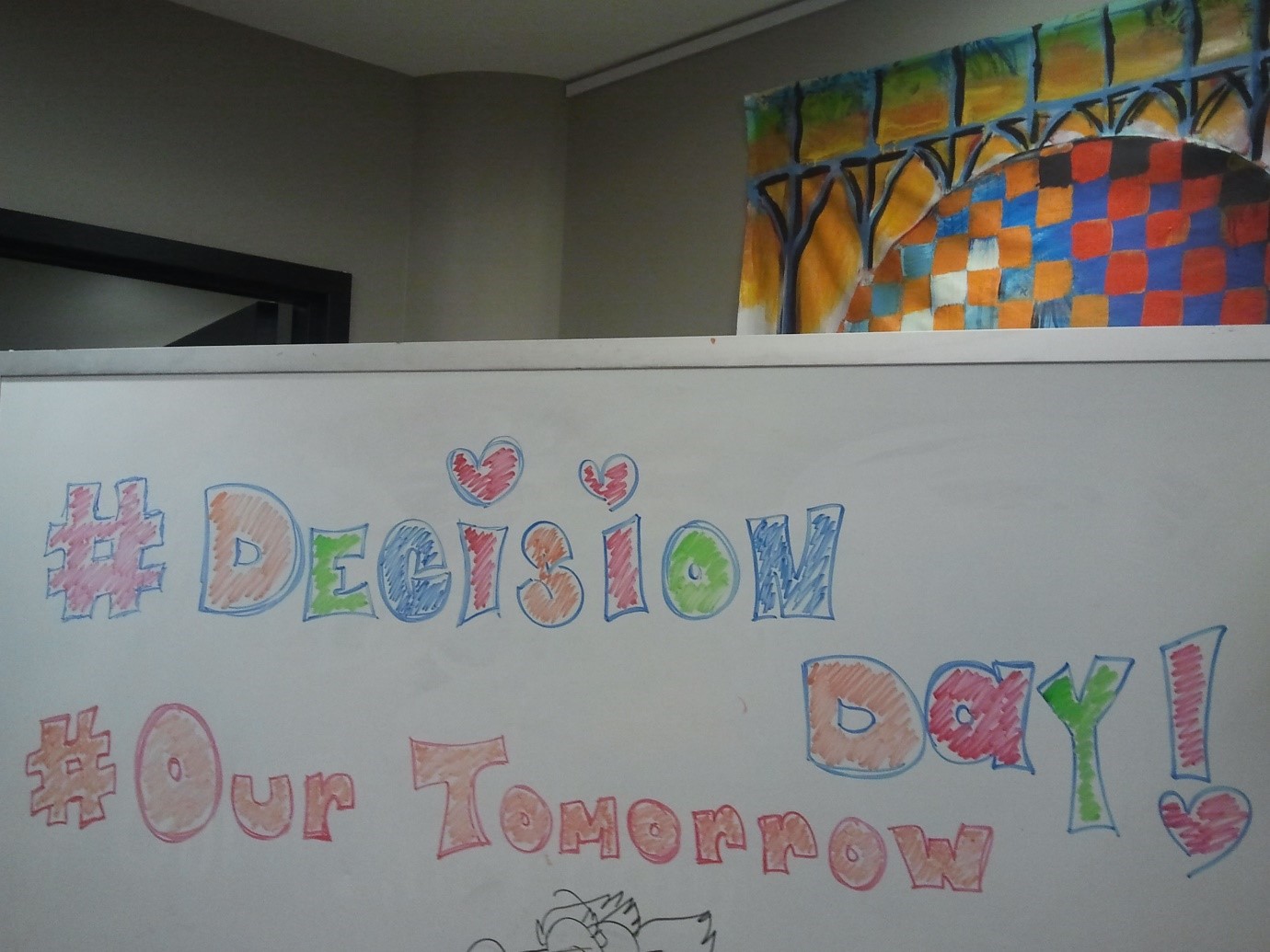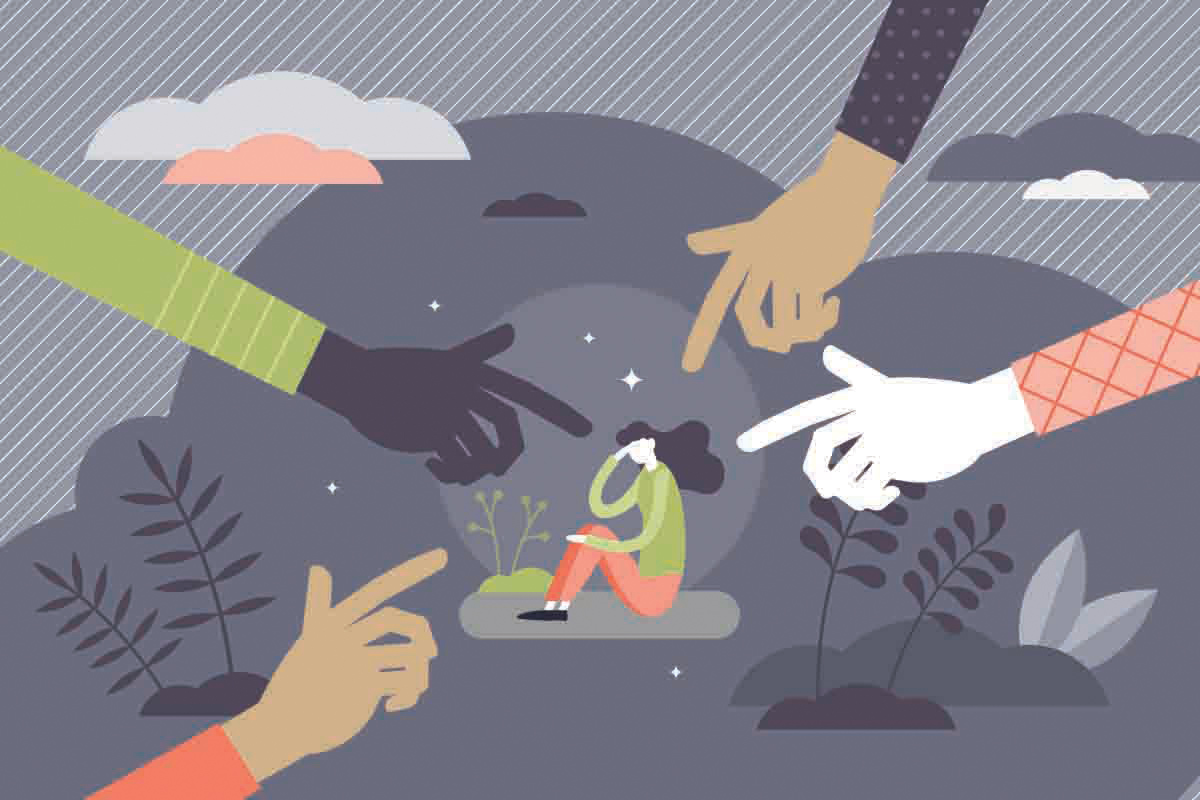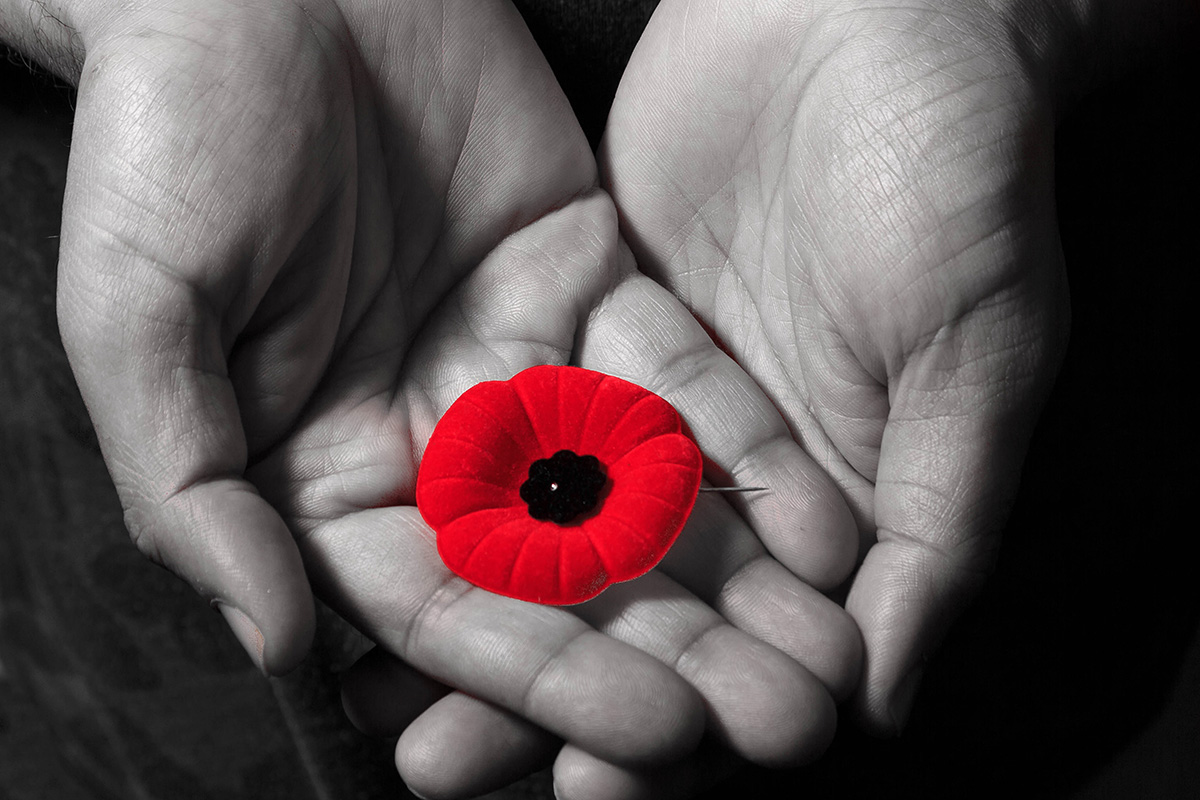“Our tomorrow: LGBT moves to the future”
July 8 The United States Supreme Court made a long-awaited and historic decision on same-sex marriage, but as David Masengesho, 28, a Commonwealth Correspondent from Kigali in Rwanda currently residing in the USA writes, the decision does not mean the end of the LGBT community’s struggle for equal human rights.
The United States Supreme Court made a long-awaited and historic decision on same-sex marriage, but as David Masengesho, 28, a Commonwealth Correspondent from Kigali in Rwanda currently residing in the USA writes, the decision does not mean the end of the LGBT community’s struggle for equal human rights.
June 26, 2015, marked a historical day in the United States – not only in the LGBT community but also in the entire population – as the Supreme Court ruled for marriage equality for same-sex couples nationwide.
The decision was reached after decades of activism and advocacy by LGBT focus organisations, LGBT individuals, and allies. In fact, before the decision day, some US states and territories had legalised same sex marriage while others had not, and there were states which would not recognize same-sex marriage contracted in another state. The situation frustrated gay married couples whose marriage could only be legal when they were in federal buildings or in states that had legalised same-sex marriage. They could lose the legitimacy of their marriage if they move out of a state that had legalised the unions into a state that had not.
People had been waiting in enormous anticipation for the Supreme Court decision on whether or not same-sex couples can get married in all 50 states and U.S. territories, and whether or not the marriages will be respected coast to coast. The day of the decision was a secret of the court – all that was known was that it would be announced by the end of June 2015. A crowd had increasingly showed up to the Supreme Court every Monday and Thursday, the days on which the Supreme Court issues decisions. Friday was very recently added to that schedule.
Although many LGBT community members and organizations predicted the court would rule in their favour, they didn’t perceive it as the final stage of the movement. Rather it is the turning point for a new campaign named “Our Tomorrow”. The national campaign, through surveys and video, will amass the fears, hopes and ideas for the next generations of LGBTIQ. One of its conventions was a group discussion convened at The DC Center for LGBT community in Washington, DC, where around 25 individuals and representative of organisations from the national capital met on the evening of June 6 to discuss on the future of LGBT people. The venue provides an empowering opportunity as folks get relaxed, overwhelmingly speak their minds, and become more real as they put down their thoughts of a clear vision of how they want to move in the future.
Some of their hopes include being able to create programs and support matters the community faces in advancing LGBTIQ rights in 198 countries of the globe where those rights do not exist. They want people to grow up and have opportunity to express who they are without having to experience fear, or to grow very old before coming out as it the case for many; where persons can live freely and fearlessly without worry about criticisms and hurtful looks; can walk down the street comfortably with no shame and with equal protection under the law anywhere in the States. They also hope people will be moved to intentionally educate themselves about sexuality and sexual orientation; end racism within LGBT groups; and integrate more LGBTIQ people of colour in leadership positions.
There are always fears, however. Trans people don’t have money they need to be who they want to be when most health insurance doesn’t cover transitional healthcare services. This social fear can lead to an extreme frustration and suicide. LGBT programs have focused and will keep focus on white gays whilst people of colour, transgender community and undocumented immigrants are affected the most. Language change unaccompanied by actions may also prevail. Even if passing law is super important, the national marriage equality does not translate immediately into safe marriages. In some places, especially small towns in the states where LGBT community members are not prepared to fight for their rights and lack necessary infrastructure and support, the absence of leadership could mean marriage equality will stop everything else including domestic benefits and rights for domestic partnerships.
Having mentioned their hopes and highlighted their fears, they proposed the creation of and support collaboration with education which reaches into rural and small towns where the term LGBT is even not known; availing safe spaces for meetings and bring funding organizations to support meeting centers; urging the national organization to come up with strategies to fight backlash and put healthcare for transgender people to the front line; revamping bottom up leadership and grassroots organizations pushing national ones; allocating resources appropriately, for bisexual and trans communities as well, who have been devaluated by the movement for so long.
Despite being a great achievement that the US has made in its history, some LGBTIQ advocates argue that marriage equality is not just an equality to marry for gay people. Rather it is a fundamental civil right of humans, and it should be celebrated, recognized and protected by all individuals, gay and straight, all as humans. It does not compel anybody to marry, but it allows people of the same sex to marry anywhere in the United States and enjoy the rights of their marriage like anyone else.
Photo: courtesy of David Masegesho
…………………………………………………………………………………………………………………
About me: I am originally from Rwanda, currently residing in the USA where I am an ESL instructor working with immigrants and youth at risk. I volunteer with different civil society organizations, mostly working on migration, equality and human rights. Prior to moving to the US I worked as a statistician. I have a degree in Applied Statistics and plan to work in research. My hobbies are travelling, networking, and exploring cultures.
…………………………………………………………………………………………………………………
Opinions expressed in this article are those of the author and do not necessarily represent the views of the Commonwealth Youth Programme. Articles are published in a spirit of dialogue, respect and understanding. If you disagree, why not submit a response?
To learn more about becoming a Commonwealth Correspondent please visit: http://www.yourcommonwealth.org/submit-articles/commonwealthcorrespondents/
…………………………………………………………………………………………………………………




